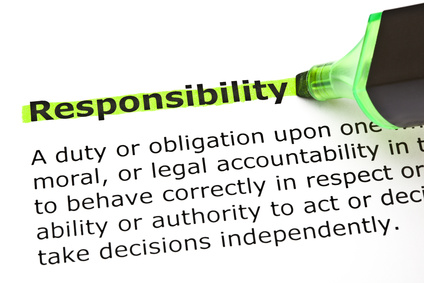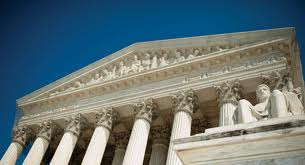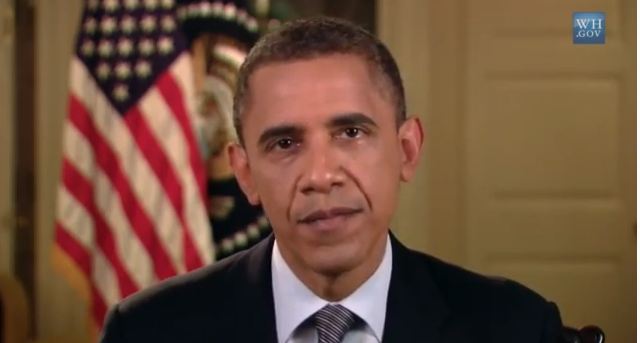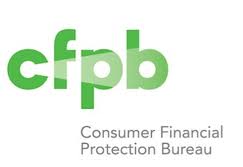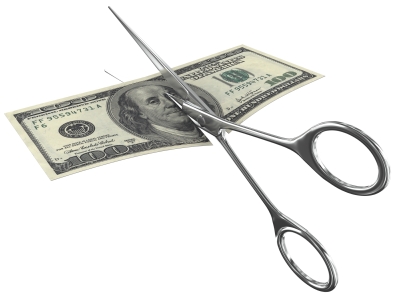The Fourth Circuit Court of Appeals held that a debt collector did not violate the federal Fair Debt Collection Practices Act (“FDCPA”) when it made multiple calls to a third party in an effort to locate a debtor. In Worsham v. Accounts Receivable Management, filed yesterday, a debt collector, who was unable to locate a debtor, instead placed 10 telephone calls to the debtor’s brother-in-law, Worsham, in May 2010. Worsham answered two of the calls and heard an automated message prompting him to press “1” if he was the debtor or “2” if he was not. On one occasion Worsham pressed “2” and then hung…
Posts published by “Donald Maurice”
Donald Maurice provides counsel to the financial services industry, successfully litigating matters in the state and federal courts in individual and class actions. He has successfully argued before the Third, Fourth and Eighth Circuit U.S. Courts of Appeals, and has represented the financial services industry before several courts including as counsel for amicus curiae before the United States Supreme Court. He counsels clients in regulatory actions before the CFPB, and other federal and state regulators and in the development and testing of debt collection compliance systems. Don is peer-rated AV by Martindale-Hubbell, the worldwide guide to lawyers. In addition to being a frequent speaker and author on consumer financial services law, he serves as outside counsel to RMA International, on the governing Board of Regents of the American College of Consumer Financial Services Lawyers, and on the New York City Bar Association's Consumer Affairs Committee. From 2014 to 2017, he chaired the ABA's Bankruptcy and Debt Collection Subcommittee. For more information, see https://mauricewutscher.com/attorneys/donald-maurice/
Thanks to all who attended my November 9 presentation in New York on Ethics and Consumer Financial Services Law. You can obtain a copy of the powerpoint here: Ethics6. The handout can be accessed here: Avoiding ethical pitfalls 20121105.
I have today’s transcript from oral argument before the Supreme Court in Marx v. General Revenue. Ms. Marx lost her Fair Debt Collection Practices Act (“FDCPA”) case against General Revenue. Under Federal Rule of Civil Procedure 54(d), which permits the court’s clerk to tax costs to a prevailing party, the trial court taxed her with General Revenue’s defense costs — not attorneys fees, just costs, and limited ones at that. Marx appealed to the Tenth Circuit Court of Appeals and argued she should not have to pay these costs because the FDCPA, at section 1692k(a)(3), only exposes her to costs if she brought the…
I ran across this post at the State Bar of Michigan Blog (http://sbmblog.typepad.com). It is the first state bar organization to mention the regulation of attorneys by CFPB fiat. There you have it — go Michigan, you’re #1! You can read it for yourself here. Let me know if your State or local bar has weighed in. wellesenterprises
Election Day is next Tuesday and it is also an opportunity to learn more about the Consumer Financial Protection Bureau’s plans to regulate attorneys and small businesses. Join me at 11:30 am ET along with Alan Kaplinsky, Chris Willis and John Culhane of Ballard Spahr for this webinar on the Larger Participant Rule issued by the Consumer Financial Protection Bureau last week. I’ll be discussing the CFPB’s plan to regulate even small businesses and law firms it deems as “service providers.” Ballard Spahr publishes the cfpbmonitor.com which is a must read for anyone connected to the consumer financial services industry. This…
In his October 27, 2012 weekly address to the Nation, President Obama praised recent efforts of the Consumer Financial Protection Bureau. Among the highlights: “[The CFPB’s] only mission is to fight for you.” “[The CFPB] recently ordered three big credit card companies to return more than $400 million dollars to folks who were deceived or mislead . . . that’s what Wall Street Reform is all about . . .” “[Republicans in Congress] backed by an army of financial industry lobbyists, they’ve been waging an all out battle to delay, defund and dismantle these new rules.” ” . . .the true engine of job creation in this country is the private sector —…
Last night, the Consumer Financial Protection Bureau (CFPB) released its Larger Non-Bank Participant Rule. The Rule is available here. In addition to releasing the Rule, the CFPB released an examination manual and a fact sheet. Some highlights: The Rule is effective January 2, 2013 — 70 days from today. The Rule provides a description of the examination process. It does not apply to entities that originate credit. A person is subject to the Rule if they have more than $10 million in “annual receipts” resulting from consumer debt collection. “Annual receipts” is derived from a three-year average of receipts. “Annual receipts” does not include “those receipts that…
As Fall brings a chill to early morning weather, a string of federal agency enforcement actions are supplying a lot of unwanted heat for the consumer financial services industry. Today, the Federal Trade Commission announced that it has entered into a Consent Order with Equifax Information Services LLC, over charges that it had allegedly improperly sold lists of consumers who were late on their mortgage payments. The Consent Order requires Equifax to pay nearly $393,000 to the FTC. In a separate action, an Equifax customer will pay the FTC civil penalties of $1.2 million under a Consent Order concerning its alleged use of the same lists…
A City of New York regulation that sought to regulate attorneys who practiced debt collection law, was struck down Wednesday by a Federal Court sitting in the Eastern District of New York because it violated New York’s Constitutional separation of powers. In Eric Berman, P.C. v. City of New York the court found that New York City had exceeded its authority under New York law by enacting a regulation which dictated how licensed New York attorneys may provided debt collection legal services. The regulation attempted to distinguish attorneys who regularly send debt collection letters — what it described as attorneys who “regularly…
While the use of form pleadings is not unusual, it becomes dicey when attorneys seek fees from their use of forms as “original work.” But when you use a fee petition that itself is a form pleading and claim it too is “original work,” you are going to draw the ire of several federal district court judges in the Third Circuit. Yesterday, one plaintiff’s firm was front and center for a lesson on the use and abuse of form pleadings, drawing an admonishment from a Federal Judge sitting in the Eastern District of Pennsylvania that “it may not continue with…
When a law firm uses its letterhead to collect debt for its client, it “cannot disclaim the fact that he or she is engaging in the practice of law when using law firm letterhead,” states a recent joint opinion by the New Jersey Committee on the Unauthorized Practice of Law and the Advisory Committee on Professional Ethics. 1 Rejects Lawyers’ Use of Greco Disclaimers The Opinion directly contradicts the Second Circuit Court of Appeals’ decision in Greco v. Trauner, Cohen & Thomas, LLP.2 In Greco, the court explained that: attorneys can participate in debt collection in any number of ways,…


